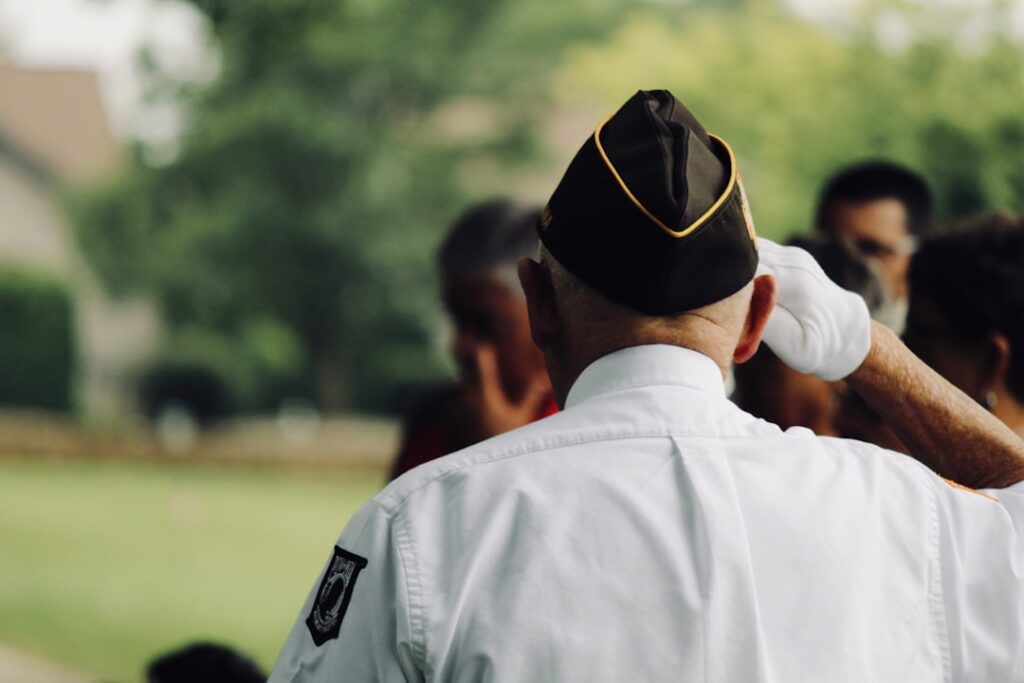Across the United States, female veterans are making an indelible mark not only through their military service but also in the way they transition back into civilian life. As the number of women in the armed forces grows, so too does the importance of acknowledging their unique experiences and ensuring they receive the support they need after active duty.
Women have served in every major conflict in U.S. history, yet their contributions have often been overlooked or underrepresented in public discourse. Today, female veterans face a variety of challenges upon returning home, including navigating health care, finding employment, and reconnecting with their communities. Unlike their male counterparts, many women encounter a system that is not always equipped to address their specific needs.
Organizations dedicated to supporting female veterans have become essential in bridging that gap. These groups provide resources, mentorship, and advocacy tailored to women who have served. They also work to raise awareness about the distinct experiences women face in the military, such as higher rates of military sexual trauma and the difficulty of balancing service with family responsibilities.
One of the key areas where support is needed is in health care. While the Department of Veterans Affairs has made strides in recent years, many women still report feeling invisible in a system historically designed for men. Mental health care, in particular, remains a pressing concern, with many female veterans experiencing post-traumatic stress disorder, depression, or anxiety after their service.
Employment is another significant hurdle. Despite their leadership skills and discipline, female veterans often struggle to translate their military experience into civilian job qualifications. Some face hiring biases or find themselves in industries that do not recognize the value of their service. Career transition programs and professional networks can play a crucial role in helping women reenter the workforce.
Community support is vital in this process. Events, retreats, and networking opportunities can help build connections among female veterans, offering both camaraderie and practical assistance. For those looking to find or offer support, the resources provided by the Women Veterans Alliance website are a valuable starting point.
As public awareness grows, so does the opportunity to create meaningful change. Recognizing the service and sacrifices of female veterans is more than a matter of fairness—it’s essential for building a more inclusive and effective support system. By listening to their stories and addressing their needs, society can ensure that these veterans are not only honored but also empowered in their post-military lives.








